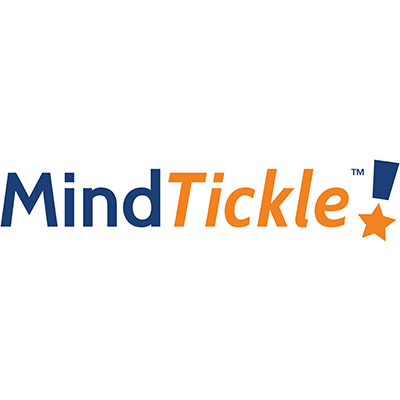ATD Blog
Sales Training Needs Role Play and Coaching for True Sales Readiness
Mon Feb 10 2020

For most enterprises, knowledge training and skills development are cornerstones of their sales enablement and readiness initiatives. Beginning on the first day and continuing throughout their tenure, sales and other customer-facing employees are expected to access training content, keep pace with compliance and regulatory mandates, and gain general knowledge about the enterprise’s systems and processes. After being immersed in content, the rep is hopefully equipped enough to be unleashed on prospects and customers.
But this approach is hardly ideal, and rarely produces the desired results. Instead, it’s like asking a 10-year-old to watch The Fast and the Furious as a driving tutorial before throwing him the keys to your car.
In fact, teams dedicated to enabling and readying sales and other customer-facing employees should include two critical pieces in the overall readiness program to better prepare these employees for the real world: role play and coaching. Reading (often outdated) content takes the rep only so far in developing their skills; rather, role play augments learning with skills mastered through practical application, while coaching provides ongoing feedback to help fine tune these skills.
When virtual role play and coaching are integrated into and facilitated through an integrated program, they provide even more value. For example, customer-facing employees can practice a client presentation by recording their voice over a slide show. Or, they can conduct a product demo by sharing their screen and practicing how they’d walk a client through it. With each session, the rep has an opportunity to apply the newfound knowledge from the content they’ve read—whether that’s new product knowledge, negotiation skills, or crafting an impactful email—to improve the next session. Front-line managers need to get involved, too, by providing feedback, working with program managers to track the effectiveness of training and coaching, and focusing in on the skills that need improvement.
Coaching can be equally valuable to a training program, but it must have structure and cadence with a specific outcome in mind. Best practice is to map outcomes to specific competencies and skills which lead to more effective development conversations. To that end, beyond coaching feedback on role play exercises, systematic and structured coaching forms provide a format for managers to coach sales and other customer-facing employees on what they’ve learned and can help identify skills that a rep must develop further. These coaching sessions should be set up at regular intervals to help reps with incremental skill development and then see how they’re tracking to plan.
Of course, ensuring customer-facing reps engage with new training content and understanding whether they know how to leverage what they’ve learned is another wrinkle sales enablement leaders must iron out. And, this is where being certified as part of a holistic sales enablement and readiness program can assist. For example, reps can record their screen to demonstrate they’re adept at managing an opportunity in the CRM. Or they can record a product pitch to show that they’re able to meet compliance requirements. Certifying sales and customer-facing employees after they’ve completed specific training further shows they’ve adopted new knowledge or can leverage skills gained from role play and coaching.
Sales enablement leaders understand that sales reps can’t meet their objectives with required reading alone. Learning by doing (role play)—coupled with regular and structured feedback (coaching)—is the best way to develop the skill set required of a successful and confident sales rep. Taken together, the two elements round out the best sales enablement and readiness programs, and when integrated into a readiness and enablement platform, provide the ideal functionality to drive organizational and business success.

